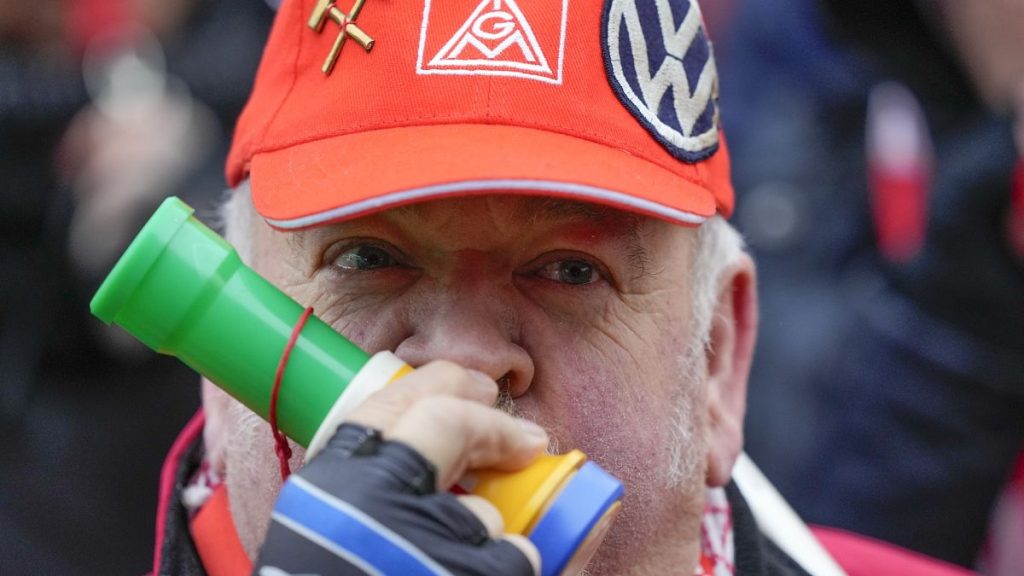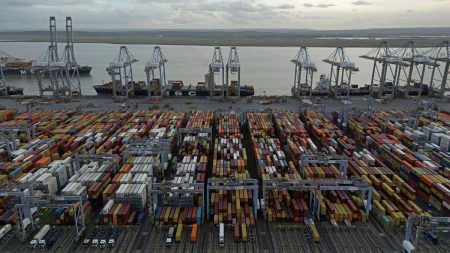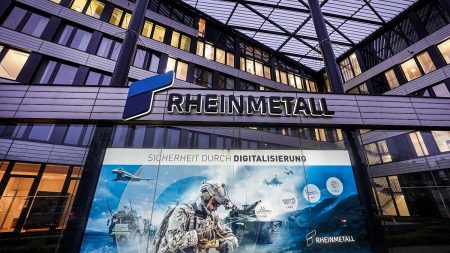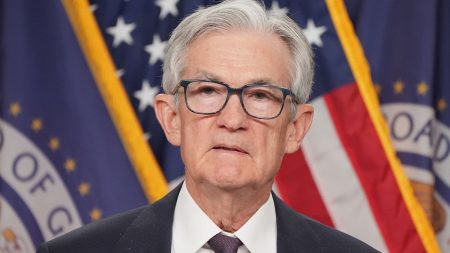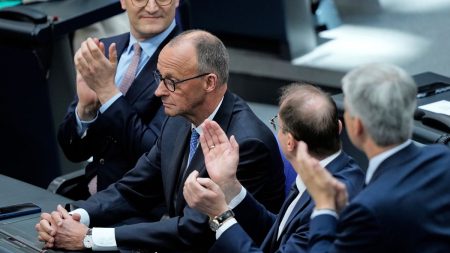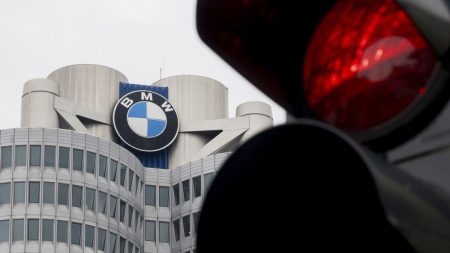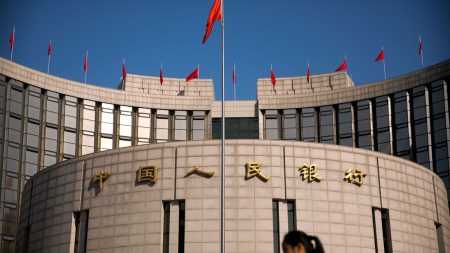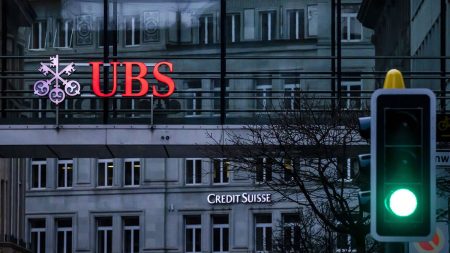Volkswagen, the German automotive giant, finds itself entangled in a complex web of economic challenges, sparking a contentious standoff with its workforce and raising concerns among its major stakeholders. The core issues revolve around declining sales in Europe, exacerbated by fierce competition from Chinese automakers, particularly in the electric vehicle segment. Coupled with high labor costs and excess production capacity, these factors have placed immense pressure on Volkswagen’s profitability, prompting the company to explore drastic cost-cutting measures.
The conflict has intensified as Volkswagen’s management and labor unions, represented by IG Metall, remain deadlocked after multiple rounds of negotiations. While both sides acknowledge some common ground, the fundamental disagreements persist, centering on the proposed solutions to the company’s financial woes. Volkswagen’s management has floated the possibility of plant closures in Germany, a move that could lead to thousands of job losses. This proposal has been met with strong resistance from the unions, who have suggested alternative cost-saving measures, including reductions in dividends and bonuses.
Adding another layer of complexity, the Porsche-Piëch family, the majority stakeholder in Volkswagen through their holding company Porsche SE, has expressed strong support for the plant closures. They view these drastic measures as essential for ensuring Volkswagen’s long-term global competitiveness, arguing that trimming the company’s size is the only viable path to sustainable profitability. The family’s concern stems from the perceived threat posed by Chinese rivals, who are offering more affordable and technologically advanced electric vehicles, eroding Volkswagen’s market share in Europe.
The Porsche-Piëch family’s stance has heightened the tension between management and labor, with the family expressing skepticism about the union’s proposals for dividend cuts and other cost-saving measures. Their preference for factory closures highlights the fundamental divergence in perspectives between stakeholders focused on long-term competitiveness and those concerned about the immediate impact on jobs and livelihoods. The family’s unwavering position has also raised the possibility of them reducing their stake in Volkswagen if a satisfactory cost-cutting plan isn’t implemented, further complicating the situation.
Volkswagen’s proposed cost-cutting target of €10 billion underscores the severity of the financial challenges the company faces. Management’s initial rejection of union proposals for dividend cuts, bonus reductions, and reduced working hours, which could have yielded savings of approximately €1.5 billion, further illustrates the deep divide between the two sides. The company’s counterproposal, encompassing potential layoffs, factory closures, and a 10% pay cut, has only served to escalate the conflict, leading to worker protests and industrial action.
The escalating tensions between Volkswagen and its workforce are mirrored in the broader automotive industry, as traditional manufacturers grapple with the disruptive forces of globalization and the transition to electric vehicles. The rise of Chinese automakers, offering competitively priced and technologically advanced EVs, has put immense pressure on European carmakers like Volkswagen. While recent EU tariffs on Chinese vehicles may offer some temporary relief, Chinese companies are already adapting by shifting their focus to hybrid vehicles, which are not yet subject to the same tariffs. This dynamic underscores the ongoing challenges facing Volkswagen and the broader European automotive industry, as they navigate a rapidly evolving competitive landscape.




